Coronavirus
The government asked all people over 70 to cease from social contact for at least 12 weeks in order to avoid catching the coronavirus Covid-19. If anyone had a high temperature or new continuous cough, the whole household should stay in for 14 days. Everyone should work from home if they could and avoid pubs and theatres. All non-urgent operations in England would be postponed from 15 April. Boris Johnson, the Prime Minister, said: ‘Although the measures are extreme, we may well have to go further.’ Earlier, he had said that many families would ‘lose loved ones before their time’ to the disease. At that time, ten people had died and 596 cases had been confirmed, but the number of people infected was estimated at between 5,000 and 10,000 by Sir Patrick Vallance, the government’s chief scientific adviser. Four days later 55 had died, and the next day 69. The government strategy was to ‘squash the sombrero’ shape of peak prevalence as drawn on a graph. The government spoke of ‘herd immunity’, a phrase taken up by its critics. The government hesitated to shut schools, but football matches and other spectator sports were called off. The Foreign Office said British people should not make inessential journeys abroad. Local elections due in May were postponed to 2021. There was some panic-buying and Sainsbury’s introduced rationing, but vegetables seemed immune from the mob.
In America, the Federal Reserve cut interest rates to between 0 and 0.25 per cent, less than a fortnight after a previous cut. It was not enough to stop shares falling. After President Donald Trump had banned Europeans from flying to America, the FTSE share index in London had seen a sharp fall of 10 per cent in a day, its worst since 1987. Until 27 February, the FTSE had been above 7,000 for a year; on 16 March it closed at 5,151. Mr Trump added Britain to his list of countries banned from flying to the US. In a memorandum to staff, British Airways said cuts to jobs would be ‘short term, perhaps long term’. Nepal closed Mount Everest to climbers for the rest of the expedition season.
Dr Tedros Adhanom Ghebreyesus, the director-general of the World Health Organization, said ‘Europe has now become the epicentre of the pandemic’, a remark that annoyed pedants in its misuse of the word epicentre. Italy had more than 2,500 deaths by Tuesday; it closed all shops but food shops and chemists, and closed bars. Spain, also high in the bills of mortality, nationalised private hospitals and closed its borders. Germany closed its borders and France closed bars, as did even Ireland. Long queues for cannabis formed in Holland. Few new coronavirus cases were reported from China, where Ren Zhiqiang, a critic of the government, disappeared after writing an article criticising the official response. In Iran, Nazanin Zaghari-Ratcliffe was released from prison for ten days. President Trump was found not to have the virus, as was Queen Letizia of Spain, after being kissed by Irene Montero, the equality minister, who did have it. Justin Trudeau, the Prime Minister of Canada, went into isolation after his wife proved to have the virus following a visit to Britain.
Non-coronavirus
In France, the first round of local elections saw a turnout of less than 50 per cent. The party of President Emmanuel Macron, La République en Marche!, did poorly, while the centre-right Republicans and the Socialists did better. David Ibbotson, the pilot of the plane that crashed killing the footballer Emiliano Sala in January 2019, was not licensed to fly that aircraft, according to an Air Accidents Investigation Branch report; and Sala would have been ‘deeply unconscious’ from leaking carbon monoxide when the plane crashed. Two trains collided, killing a passenger at Tacubaya station on the Mexico City underground. Hashem Abedi, the brother of the Manchester Arena bomber Salman Abedi, was found guilty of murdering 22 people in the attack.
Two Americans and a British soldier were killed in a rocket attack on the Taji military camp, nine miles north of Baghdad. America responded with air strikes on weapon-stores, killing six. Three days later, 33 Katyusha rockets were launched on the Taji base. Kataib Hezbollah, part of the Popular Mobilisation Forces affiliated to the Iraqi army, was blamed for the first attack. The comedian Roy Hudd died aged 83. Michel Roux, the chef who with his brother Albert opened Le Gavroche in 1967, died aged 78. Chad began repaying a debt of $100 million to Angola with 75,000 cattle. CSH
Got something to add? Join the discussion and comment below.
Get 10 issues for just $10
Subscribe to The Spectator Australia today for the next 10 magazine issues, plus full online access, for just $10.
You might disagree with half of it, but you’ll enjoy reading all of it. Try your first month for free, then just $2 a week for the remainder of your first year.

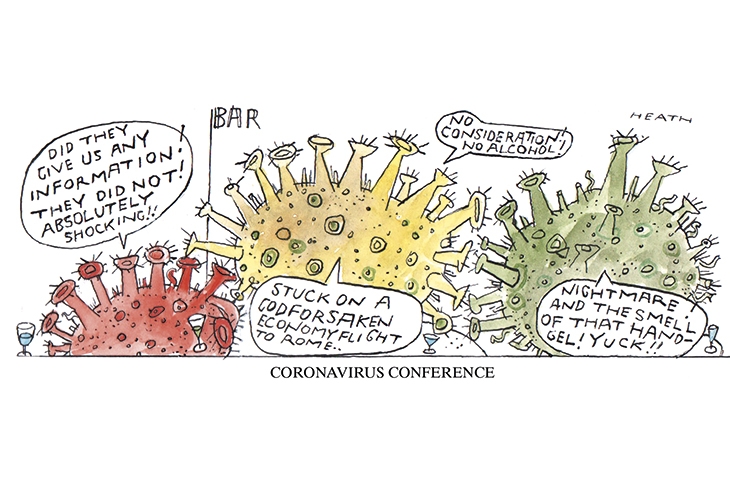
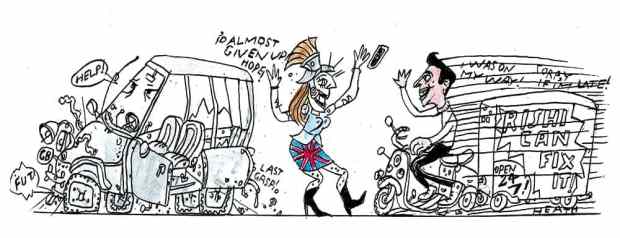
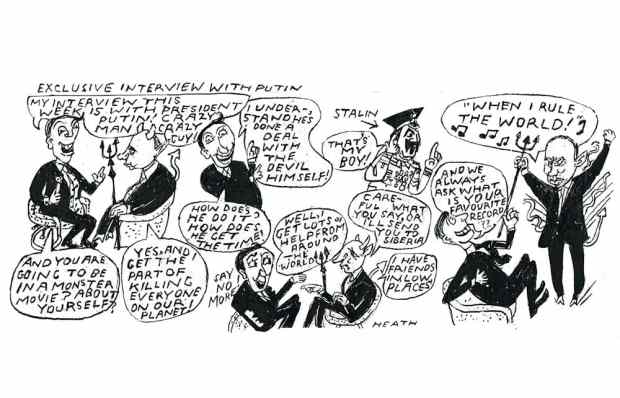
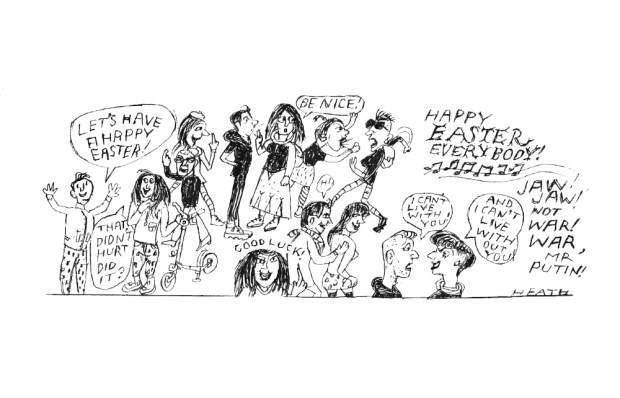
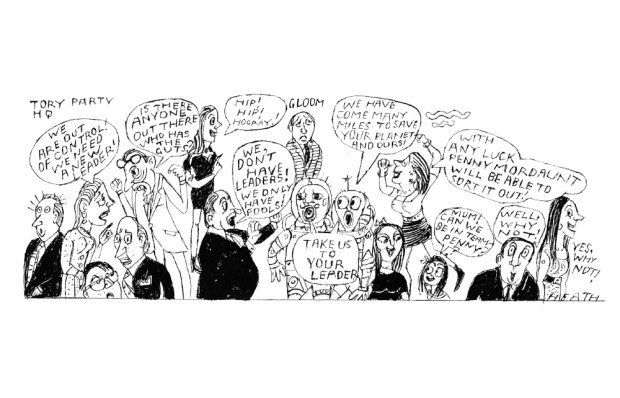
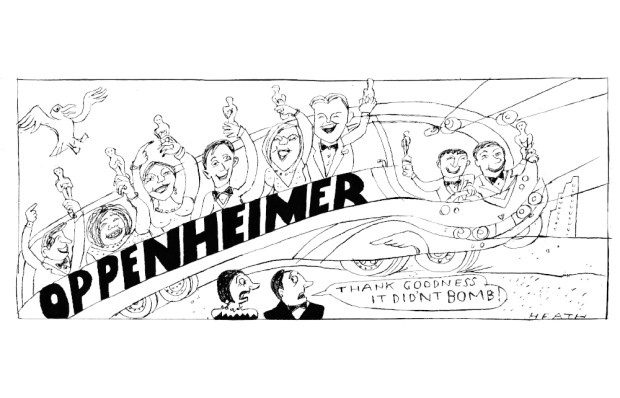
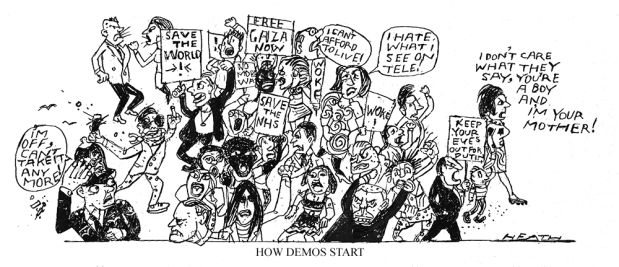






Comments
Don't miss out
Join the conversation with other Spectator Australia readers. Subscribe to leave a comment.
SUBSCRIBEAlready a subscriber? Log in